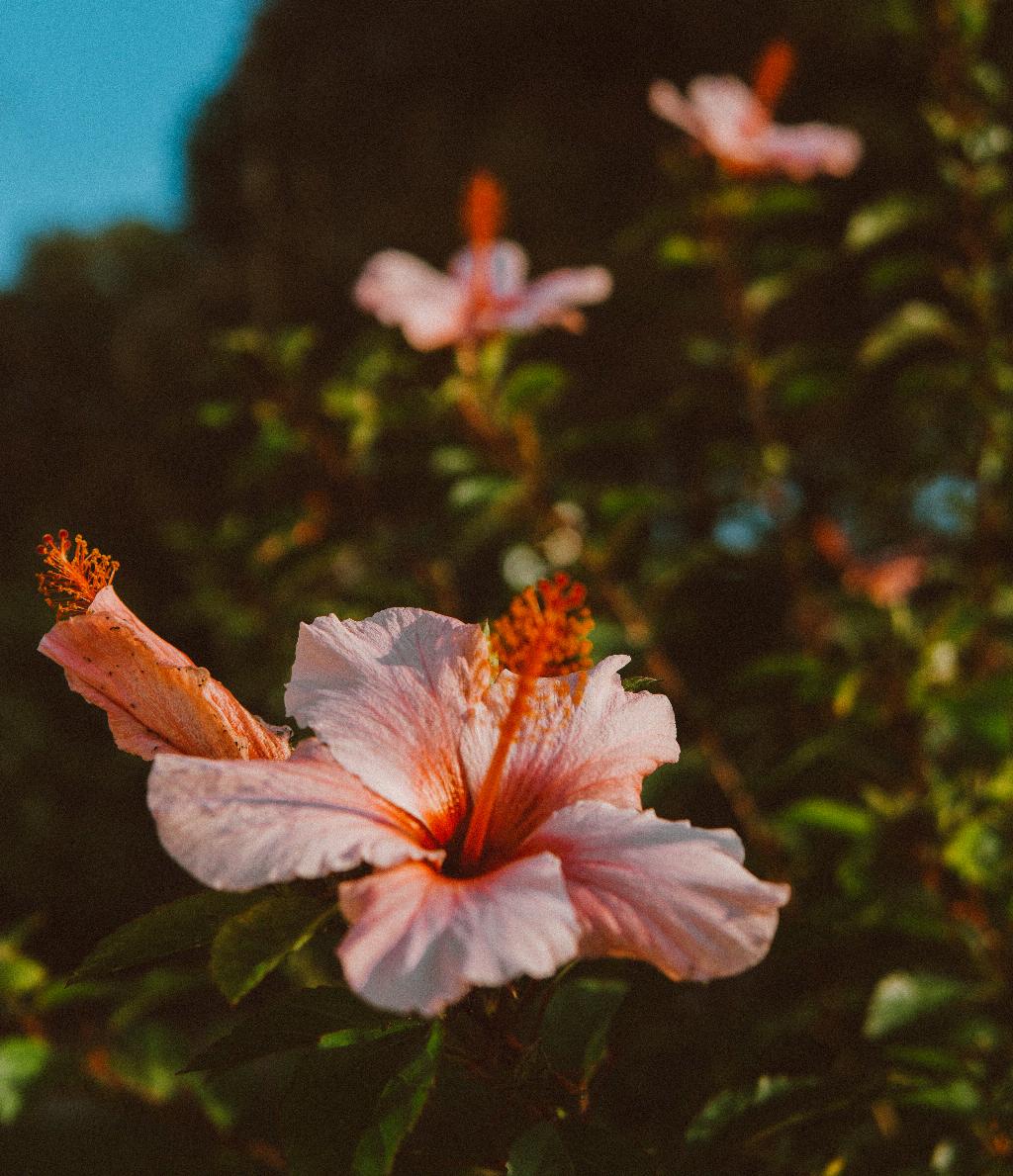When it comes to the safety of our furry friends, it’s crucial to be aware of the potential hazards that certain plants can pose. One such plant that often raises questions among pet owners is hibiscus. While hibiscus is generally considered non-toxic to pets, particularly in most varieties, there are exceptions to this rule.
Understanding the Risks of Hibiscus for Pets
It’s important to note that while many hibiscus plants are harmless to animals, there is a specific type known as the Rose of Sharon (Hibiscus syriacus) that can be harmful to pets if ingested. If a dog consumes a significant amount of the flowers of this particular hibiscus species, they may experience symptoms such as nausea, diarrhea, and vomiting.
Identifying the Potentially Poisonous Hibiscus Variety
Given the potential risks associated with the Rose of Sharon hibiscus, it’s essential for pet owners to be able to distinguish it from other harmless hibiscus varieties commonly found in gardens and households. This proactive approach can help prevent accidental ingestion by pets and minimize the chances of toxicity.
Signs of Poisoning in Pets from Hibiscus
Recognizing the signs of poisoning in pets resulting from hibiscus ingestion is crucial for pet owners. If a pet displays symptoms such as vomiting, diarrhea, lethargy, or loss of appetite after being in contact with hibiscus, immediate veterinary attention should be sought to address any potential health concerns.
Preventive Measures for Pet Safety
To ensure the safety and well-being of pets around hibiscus plants, it’s advisable for pet owners to take preventive measures. This includes keeping potentially harmful hibiscus varieties out of reach of pets and creating a safe environment where pets are not exposed to toxic plants that could pose a risk to their health.
Consulting with a Veterinarian
If there are any concerns about the potential toxicity of hibiscus to pets or if a pet has ingested a plant and shows symptoms of poisoning, it’s essential to consult with a veterinarian promptly. Veterinarians can provide professional guidance and medical assistance to address any health issues that may arise from plant ingestion.
Alternatives to Potentially Toxic Plants
For pet owners looking to create a pet-friendly environment that minimizes risks of plant toxicity, exploring alternative non-toxic plant options can be beneficial. Choosing pet-safe plants that are known to be non-toxic to animals can help enhance the safety and well-being of pets in indoor and outdoor settings.
Education and Awareness for Pet Owners
Increasing education and awareness among pet owners about potential plant hazards, such as the toxicity of specific hibiscus varieties, can play a significant role in promoting pet safety. By staying informed about the risks associated with certain plants, pet owners can take proactive steps to protect their beloved pets from exposure to potential toxins.
Monitoring Pets Around Plants
Regular monitoring of pets in indoor and outdoor spaces where plants are present is essential for pet owners. By observing pet behavior and ensuring that pets do not ingest harmful plants like the Rose of Sharon hibiscus, pet owners can help prevent accidental toxin ingestion and mitigate potential health risks to their pets.
Creating a Pet-Safe Environment
Establishing a pet-safe environment involves implementing measures to safeguard pets from potential hazards, including toxic plants like the Rose of Sharon hibiscus. By creating a space where pets are not exposed to harmful plants and ensuring that pet surroundings are pet-friendly, pet owners can prioritize the well-being and safety of their furry companions.
Conclusion: Promoting Pet Safety Around Hibiscus Plants
While hibiscus plants are generally considered non-toxic to pets, it’s essential for pet owners to be aware of the potential risks associated with specific hibiscus varieties, such as the Rose of Sharon hibiscus. By taking proactive measures to prevent pet exposure to toxic plants, consulting with veterinarians when needed, and prioritizing pet safety, pet owners can create a pet-friendly environment that promotes the health and well-being of their beloved animals.

